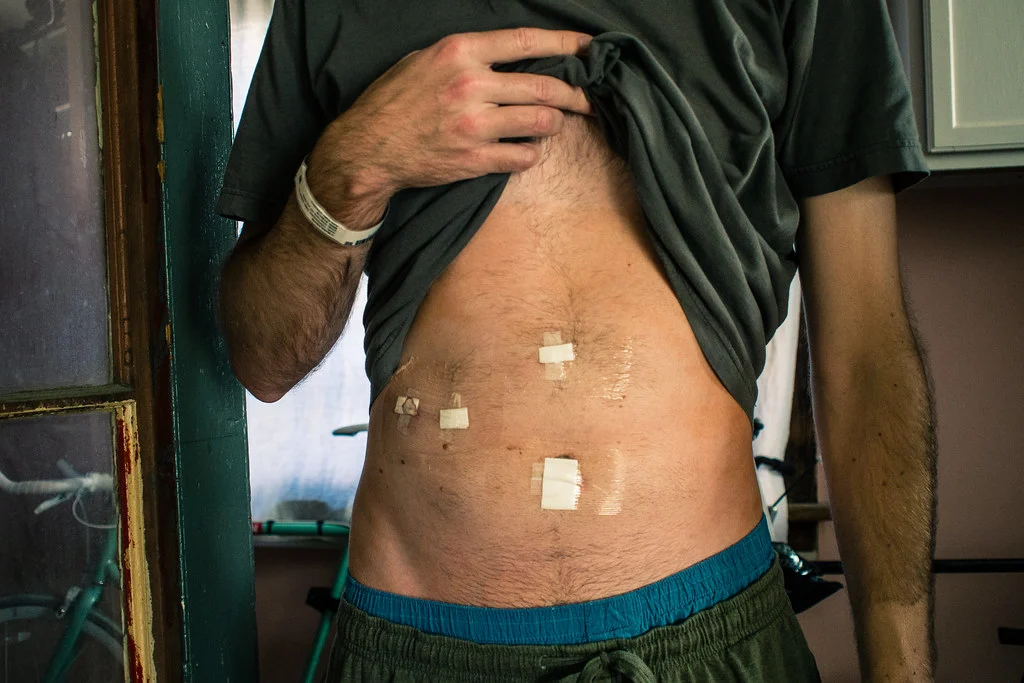Discover how to prepare for surgery, what happens in the operating room, and science-backed recovery tips to reduce pain, prevent infections, and get back to your life faster.
What Is Surgery? A Lifesaving (But Scary) Reality
Surgery is a medical procedure involving incisions, tissue manipulation, or removal to diagnose, treat, or prevent disease. Over 310 million surgeries are performed globally each year, ranging from minor outpatient procedures (e.g., wisdom tooth removal) to complex operations like open-heart surgery.
Key Stat: 20% of surgery patients experience preventable complications due to poor preparation or aftercare.

10 Types of Surgery You Should Know About
- Elective Surgery (Planned, e.g., knee replacement).
- Emergency Surgery (Life-threatening, e.g., appendectomy).
- Minimally Invasive Surgery (Laparoscopic, smaller incisions).
- Cosmetic Surgery (Enhance appearance, e.g., rhinoplasty).
- Transplant Surgery (Organ replacement).
- Exploratory Surgery (Diagnose unknown conditions).
- Reconstructive Surgery (Restore function after injury).
- Robotic Surgery (Precision-guided, e.g., prostatectomy).
- Laser Surgery (Eye corrections, skin treatments).
- Palliative Surgery (Relieve symptoms in terminal illnesses).
How to Prepare for Surgery: A 7-Day Checklist
1 Week Before:
- ✅ Stop Smoking & Alcohol: Reduces infection risk by 40%.
- ✅ Adjust Medications: Blood thinners (e.g., aspirin) may need pausing.
- ✅ Arrange Post-Op Care: Line up a caregiver for 24–48 hours.
24 Hours Before:
- ✅ Fast (If Required): No food/water 12 hours before anesthesia.
- ✅ Shower with Antibacterial Soap: Lowers bacterial load on skin.
Morning of Surgery:
- ✅ Wear Loose Clothing: Easy to remove post-op.
- ✅ Leave Jewelry at Home: Prevents interference with equipment.
Pro Tip: Ask your surgeon about Enhanced Recovery After Surgery (ERAS) protocols—a proven method to speed healing.
What Happens During Surgery? A Step-by-Step Guide

1. Anesthesia Administration
- General Anesthesia: Puts you to sleep (used for major surgeries).
- Local/Regional Anesthesia: Numbs a specific area (e.g., epidural for C-sections).
2. Incision & Procedure
- Surgeons follow a pre-op plan, guided by imaging (MRI/CT scans).
- Example: In a hip replacement, damaged bone is removed, and an artificial joint is secured.
3. Closing the Wound
- Stitches, staples, or surgical glue seal incisions.
- Drains may be placed to remove excess fluid.
4. Recovery Room Monitoring
- Vital signs (heart rate, oxygen levels) are tracked for 1–2 hours.
Did You Know? The average surgery lasts 1–3 hours, but complex cases (e.g., organ transplants) can take 8+ hours.
10 Surgery Recovery Tips to Heal Faster

- Manage Pain Smartly
- Take prescribed meds before pain peaks.
- Avoid NSAIDs (e.g., ibuprofen) if bleeding risk exists.
- Incision Care 101
- Keep wounds dry for 48 hours.
- Watch for redness/swelling (signs of infection).
- Move (But Don’t Overdo It)
- Walk 5–10 mins hourly to prevent blood clots.
- Avoid heavy lifting (>5 lbs.) for 4–6 weeks.
- Eat Healing Foods
- Protein: Chicken, tofu (rebuilds tissue).
- Vitamin C: Citrus, bell peppers (boosts collagen).
- Hydrate Religiously
- Drink 8–10 glasses of water daily to flush toxins.
- Sleep Elevated
- Use pillows to reduce swelling (e.g., after abdominal surgery).
- Beat Constipation
- Anesthesia slows digestion—stool softeners or prunes help.
- Attend Follow-Ups
- 80% of complications are caught in post-op checkups.
- Mental Health Matters
- Post-surgery depression affects 1 in 3—talk to a therapist.
- Scar Care
- Apply silicone gel sheets after stitches dissolve.
Common Surgery Risks (And How to Avoid Them)
| Risk | Prevention Tips |
|---|---|
| Infection | Antibiotics pre-surgery, sterile wound care |
| Blood Clots | Compression stockings, early mobility |
| Anesthesia Issues | Disclose allergies, medical history |
| Scarring | Silicone sheets, avoid sun exposure |
Warning: Seek ER care for fever >101°F, chest pain, or incision pus.
FAQs About Surgery

Q: How long does surgery take?
A: Most procedures last 1–3 hours, but complex cases (e.g., brain surgery) may take 8+ hours.
Q: Can I eat before surgery?
A: No—fasting prevents aspiration (stomach contents entering lungs).
Q: When can I drive after surgery?
A: Wait 48 hours post-anesthesia or until off opioid painkillers.
Q: Is robotic surgery safer?
A: Yes—robotic tools offer precision, smaller incisions, and faster recovery.
Conclusion
Surgery can be daunting, but preparation and proper aftercare significantly impact your healing journey. Follow these steps, ask questions, and advocate for your health—your body will thank you.








